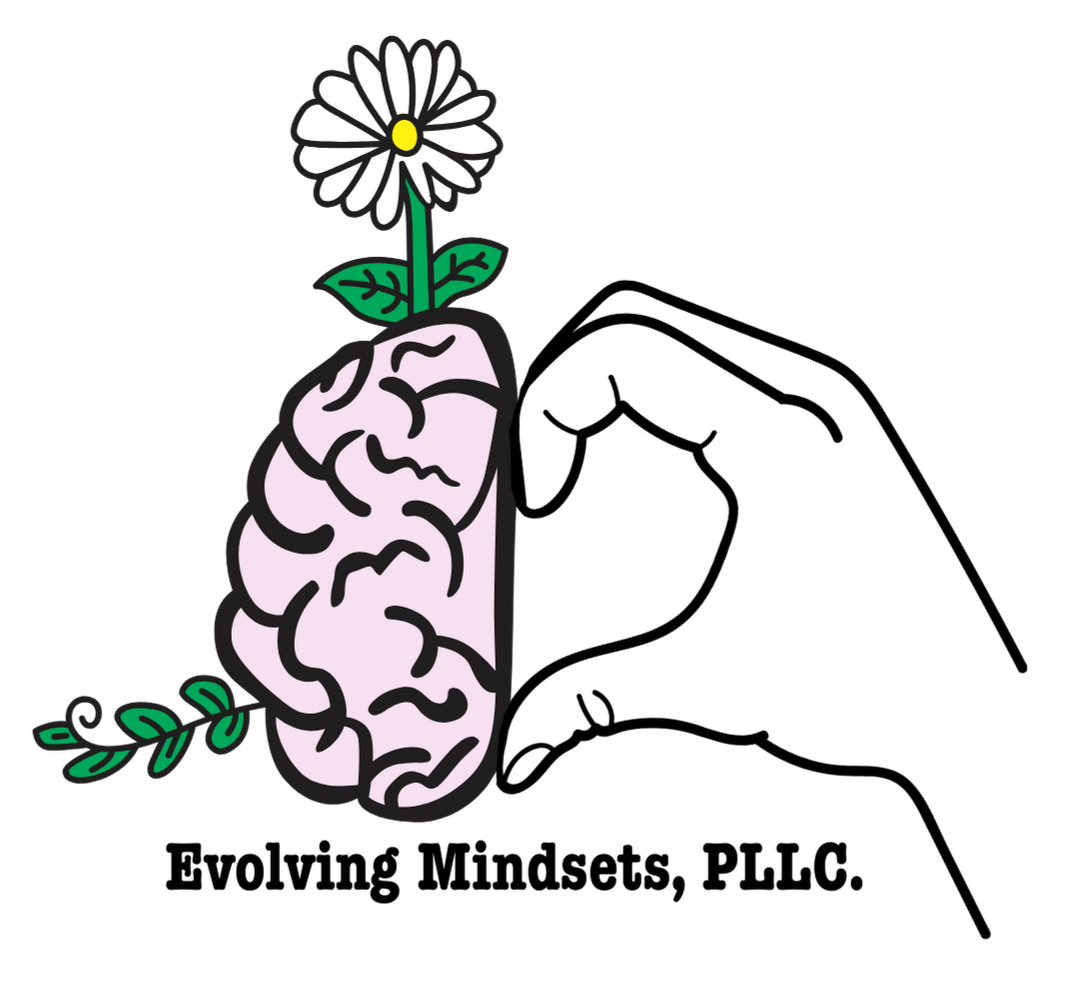💤 Why Sleep Hygiene Is Important for Your Health and Well-Being? 💤
In today’s busy world, sleep often gets pushed aside in favor of work, social activities, and screen time. We may believe that skipping a good night’s rest won’t have lasting consequences, but studies show otherwise. How we sleep is just as important as how much we sleep. This is why practicing good sleep hygiene is essential for maintaining both our physical and mental health.
What Is Sleep Hygiene?
Sleep hygiene refers to the habits, practices, and environmental factors that contribute to good, restful sleep. It’s about creating a conducive environment and routine that signals to your brain that it’s time to wind down and rest. While some factors, like stress or health conditions, might be harder to control, sleep hygiene empowers you to make the most of your sleep and improve the quality of your rest.
Why Sleep Hygiene Matters
Boosts Mental Health and Cognitive Function
Getting sufficient, high-quality sleep is one of the best ways to improve mood, focus, and cognitive performance. When we don’t get enough restorative sleep, our ability to concentrate, make decisions, and regulate emotions suffers. This can lead to irritability, anxiety, and even long-term cognitive decline. On the flip side, good sleep hygiene helps prevent these mental fogs by supporting the brain’s ability to process information and maintain emotional stability.Enhances Physical Health
Poor sleep isn’t just detrimental to your mental well-being—it can also wreak havoc on your physical health. Chronic sleep deprivation has been linked to various serious conditions, including heart disease, diabetes, obesity, and even a weakened immune system. Practicing healthy sleep habits reduces your risk of these health issues by promoting better blood pressure regulation, hormone balance, and immune function.Improves Sleep Quality
Even if you’re getting the recommended amount of sleep (7-9 hours for most adults), the quality of that sleep matters just as much. Good sleep hygiene promotes deeper, more restorative sleep cycles. This means you’re less likely to wake up in the middle of the night or toss and turn. Deep sleep is essential for body repair, memory consolidation, and energy restoration, so ensuring you get it is crucial.Regulates Your Sleep-Wake Cycle
The body operates on a circadian rhythm, which is essentially an internal clock that regulates when we feel alert and when we feel sleepy. Disruptions to this rhythm—such as irregular bedtimes or excessive exposure to blue light from screens—can throw off your sleep-wake cycle, making it difficult to fall asleep and wake up at the right times. By following a consistent sleep schedule and avoiding stimulating activities before bed, you help your body sync with its natural rhythm.Increases Productivity and Performance
When you’re well-rested, you’re more likely to be productive and perform better at work, school, and in your personal life. Sleep affects your ability to problem-solve, handle stress, and maintain focus throughout the day. By prioritizing sleep hygiene, you’re setting yourself up for success in all areas of life.
Tips for Improving Your Sleep Hygiene
Now that we know why sleep hygiene is important, here are some tips to help you improve your own:
Stick to a Sleep Schedule
Go to bed and wake up at the same time every day, even on weekends. This helps regulate your body’s internal clock and improves the consistency of your sleep.Create a Relaxing Bedtime Routine
Wind down before bed with calming activities such as reading, stretching, or listening to soothing music. Avoid stimulating activities like watching TV or checking emails.Limit Screen Time
The blue light emitted by screens interferes with melatonin production, making it harder to fall asleep. Try to avoid screens at least an hour before bedtime.Optimize Your Sleep Environment
Make sure your bedroom is dark, quiet, and cool. Consider using blackout curtains, earplugs, or a white noise machine to create the ideal sleep environment.Be Mindful of Food and Drink
Avoid heavy meals, caffeine, and alcohol close to bedtime, as these can disrupt your sleep patterns.Get Regular Exercise
Physical activity during the day can help you fall asleep faster and enjoy deeper sleep. However, avoid vigorous exercise too close to bedtime, as it can make it harder to wind down.Manage Stress and Anxiety
If stress keeps you awake, try relaxation techniques like meditation, deep breathing, or journaling to calm your mind before bed.
Final Thoughts
In a world where “busy” is often seen as a badge of honor, it’s easy to neglect sleep. However, consistently practicing good sleep hygiene can make a world of difference when it comes to your health, productivity, and overall well-being. By creating a bedtime routine, optimizing your sleep environment, and setting regular sleep schedules, you can improve your sleep quality and set yourself up for success in all aspects of life.
So, the next time you’re tempted to stay up late scrolling through social media or working on your to-do list, remember that your sleep is just as important as the tasks you’re trying to complete. Prioritize your sleep hygiene and watch how it positively impacts your day-to-day life.
